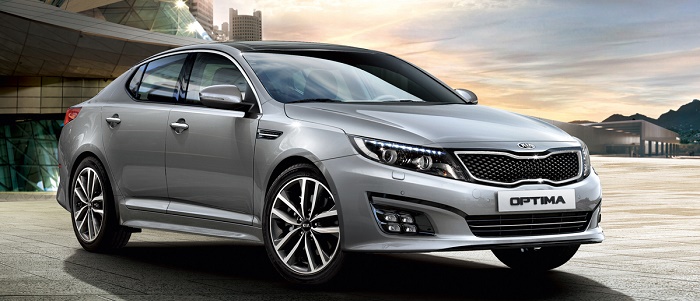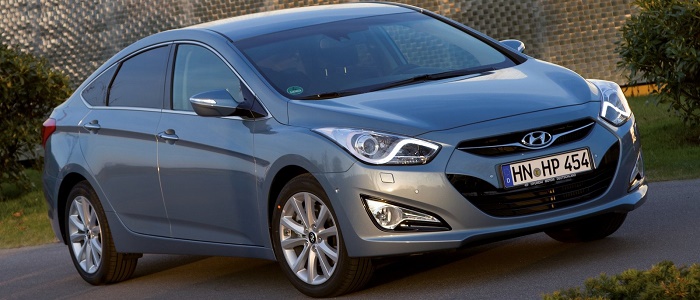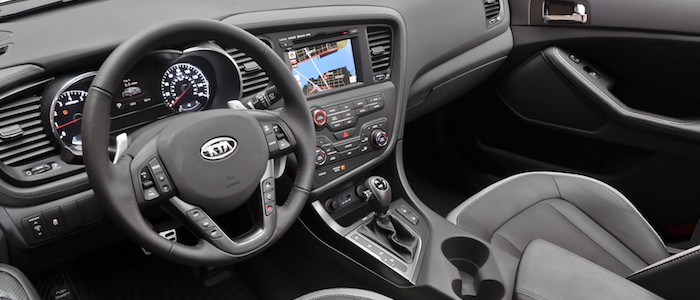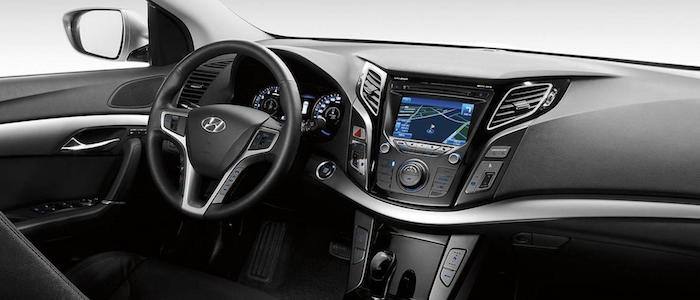Compare two cars
Compare any two cars and get our Virtual Adviser™ opinion
Marketing
Dimensons & Outlines
Engine
Performance (manual gearbox)
Performance (automatic gearbox)
Expenses
Virtual Adviser's™ opinion
Well, these are two pretty similar cars we have here! It's only details that could potentially make the difference. Considering they both belong to the large family car segment and utilize the same 4-door sedan body style and the front wheel drive system, it all comes up to the specific petrol engine choice they offer. Both the engines are Hyundai-engineered . The first one has a 4-cylinder, 16-valves 175hp unit, while the other one gets its power and torque from a 4-cylinder, 16-valves 176hp one.
SafetyThe fact that the Hyundai got tested by the European New Car Assessment Programme (Euro NCAP), while the other contender didn't, puts it sky-high safety-wise, in my eyes at least. Moving further on, let's take a closer look at some additional safety-related facts. Both vehicles belong to the large family car segment, which is generally a good thing safety-wise, but it doesn't do much to help us decide between the two. Furthermore, when it comes to weight, a factor that most people underestimate, Optima offers a considerable difference of 12% more metal.
ReliabilityManufacturers have been building their reliability reputation for decades now and, generally speaking, it appears that Hyundai does have a slight advantage, all the models observed together. These are the official statistics, while our visitors describe reliability of KIA with an average rating of 4.6, and models under the Hyundai badge with 4.5 out of 5. Unfortunatelly, I don't have enough insight that would allow me to comment in more details on the specific models level. That apart, owners of different cars powered by the same engine as Optima rank it on average as 5.0, while the one under the competitor's bonnet gets 3.0 out of 5.
Performance & Fuel economyKIA is a bit more agile, reaching 100km/h in 0.5 seconds less than its competitor. Still, it lacks the power to win the top speed competition, topping at 190 kilometers per hour, 23km/h less than the other car. When it comes to fuel economy the winner has to be Optima, averaging around 5.1 liters of fuel per 100 kilometers (55 mpg), in combined cycle. We can't ignore that 33% difference compared to i40.
Verdict
KIA appears just a bit more reliable, although the difference is truly marginal. The most important thing when deciding between any two vehicles should always be safety, both passive and active. In my opinion, everything taken into account, i40 beats the other contender by far, making it the best choice without even considering other things. From there things take a different direction, with KIA offering somewhat better performance, just enough to call it quicker. To make things even better, it consumps less fuel! It's really tough to make a final decision here, but if I'd need to, I'd say KIA. Nevertheless, let's not forget that people have different preferences and needs, so what really counts is your personal feel. I'm only here to help. Also, you could use the oportunity to find out which car, everything taken into account, would be the perfect choice for you in the eyes of the virtual adviser™, among thousands of similar, yet so different vehicles.
































